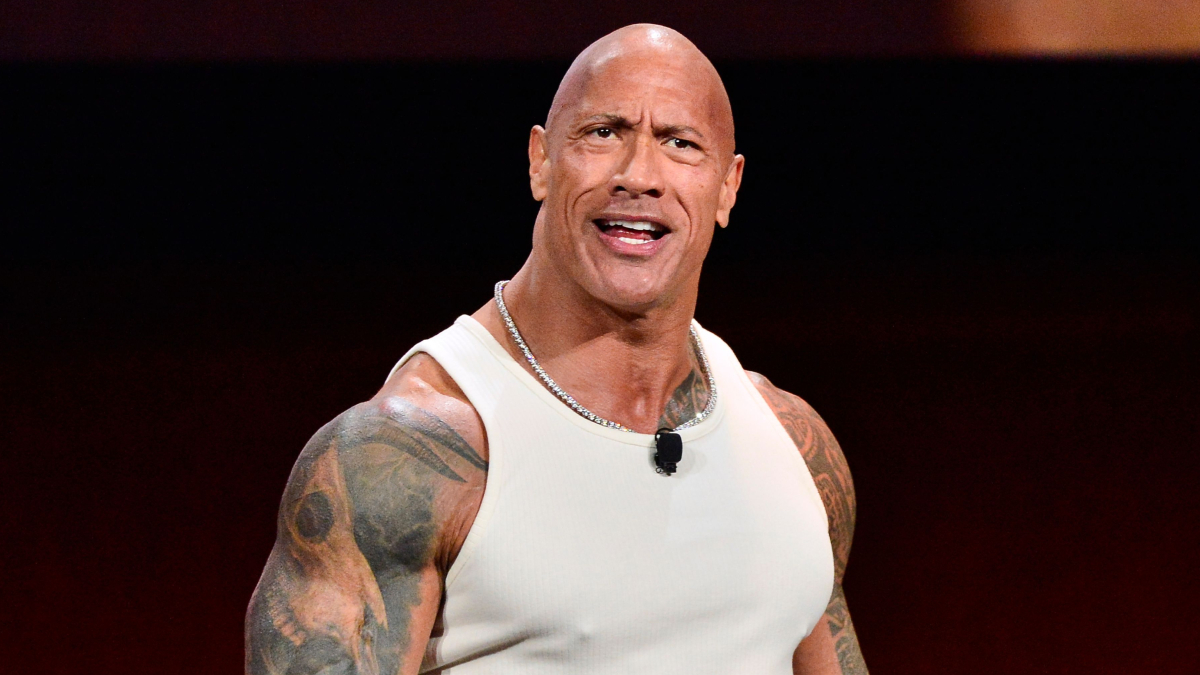Director James Mangold’s critique of cinematic universes has stirred some strong reactions in the wake of Deadpool & Wolverine, but his take on the matter is actually spot-on.
Cinematic universes have been around for decades, as with Toho’s long-running Godzilla cinematic universe. However, the Marvel Cinematic Universe is credited with popularizing the phenomenon and inspiring many more shared universes, such as the DCEU, SSU, and Monsterverse. Following a series of box office flops, though, questions have arisen about how sustainable these universes really are. The MCU, in particular, has sparked conversations about franchise fatigue as its movies become more formulaic and repetitive.
Still, the arrival of Deadpool & Wolverine has many fans declaring that the MCU is back. While the movie certainly is performing at the box office, it may actually prove Mangold’s critique correct because it matches his description of the problems with cinematic universes to a T.
What did James Mangold say about cinematic universes?
During a recent interview with The Hollywood Reporter, Mangold weighed in on the topic of shared universes. Many have mistakenly taken his comments as a direct response to Deadpool & Wolverine, but the interview was conducted before the movie premiered. Mangold was questioned if he would make his upcoming Bob Dylan biopic, A Complete Unknown, into a cinematic universe. Since he previously directed the Johnny Cash biopic Walk the Line, he could create a shared universe by having Joaquin Phoenix’s Cash appear or otherwise referenced in A Complete Unknown.
However, Mangold rejected the idea, revealing that he’s not keen on cinematic universes despite contributing to the X-Men franchise and preparing to direct a Star Wars movie. He doesn’t like shared universes mainly because he believes they hinder storytelling. Additionally, these movies become mainly about references to other movies rather than existing as a unique entity and generating emotion. He stated:
It’s weird that I’ve even worked in the world of IP entertainment because I don’t like multi-movie universe-building. I think it’s the enemy of storytelling. The death of storytelling. It’s more interesting to people the way the Legos connect than the way the story works in front of us. For me, the goal becomes, always, ‘What is unique about this film, and these characters?’ Not making you think about some other movie or some Easter egg or something else, which is all an intellectual act, not an emotional act. You want the movie to work on an emotional level.
Mangold succinctly summarizes the problem with shared universes and has an excellent point, especially since the rise of the multiverse. As multiverse movies become more prevalent within shared universes, we’re starting to see those problems Mangold mentioned becoming more pronounced. Spider-Man: No Way Home was the first multiverse movie in the MCU. It did a stellar job of raising hype with its introduction of Spider-Man variants while still maintaining a unique and emotional story about grief, societal expectations, and coming-of-age. Every multiverse movie since then, though, has become less and less about the story.
Doctor Strange in the Multiverse of Madness tried to maintain a strong story but ultimately gave its best scene to a fan service cameo from the Illuminati. Then, the DCEU made its disastrous The Flash, which chose to focus on weird CGI cameos instead of its plot. Now, we have Deadpool & Wolverine, which, if we’re being honest, is at least 75% cameos, Easter eggs, and fan service. Many readers thought that Mangold was talking about the new Deadpool installment because he essentially predicted every flaw in the movie. It is wildly entertaining and funny, but storytelling takes a backseat to the fan service, and the movie truly doesn’t work on an emotional level.
While Mangold makes strong points about cinematic universes, he also happens to be living proof that franchises can avoid these shortcomings. After all, the Mangold-directed Logan is one of the best superhero movies of all time. It goes above entertainment and fan service, offering viewers a movie that resonates with them emotionally. That said, it is perfectly acceptable for some movies to choose the entertainment category over cinematic art because both can be profitable. However, if the MCU tries to make every movie a multiverse, cameo-reliant, Deadpool & Wolverine-esque film, it will meet the death of storytelling fairly quickly.








Published: Aug 1, 2024 01:05 pm